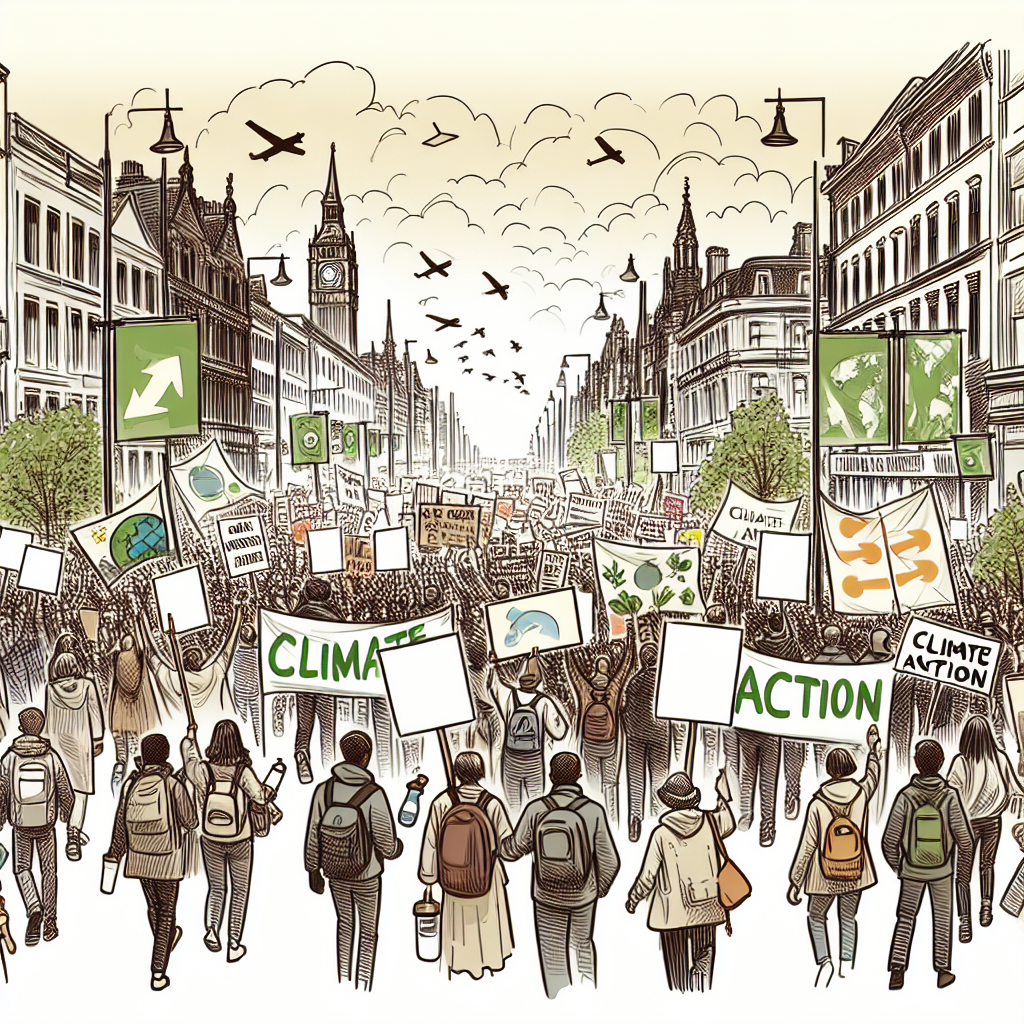Georgia's Tug of War: Protesters and Politics at a Crossroads
Amid rising tensions and four nights of protests, Georgians rallied against the government's suspension of EU talks, accusing the ruling party of authoritarianism and pro-Russian inclinations. Demonstrations spread across the country, alarming Western nations. The government denies foreign influence and insists on safeguarding sovereignty. Diplomatic ties face strain.

In Georgia's capital, Tbilisi, the streets have reverberated with the sounds of protest for four consecutive nights. Demonstrators are vocally opposing the government's suspension of talks to join the European Union, a decision that extends beyond the capital's boundaries.
The small nation's tense political climate, spurred by accusations against the ruling Georgian Dream party of authoritarian and pro-Russian tendencies, has resulted in nationwide rallies. Protesters have blocked roads and challenged police forces. The international community watches closely as the EU and US express concern over Georgia's potential pivot away from the West.
Undeterred by criticism from abroad, Georgian Prime Minister Irakli Kobakhidze addresses the nation's foreign ties and defends security forces' actions. As diplomats resign in protest, and internal political discord deepens, the future of Georgia's European aspirations remains uncertain.
(With inputs from agencies.)










